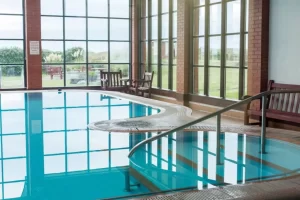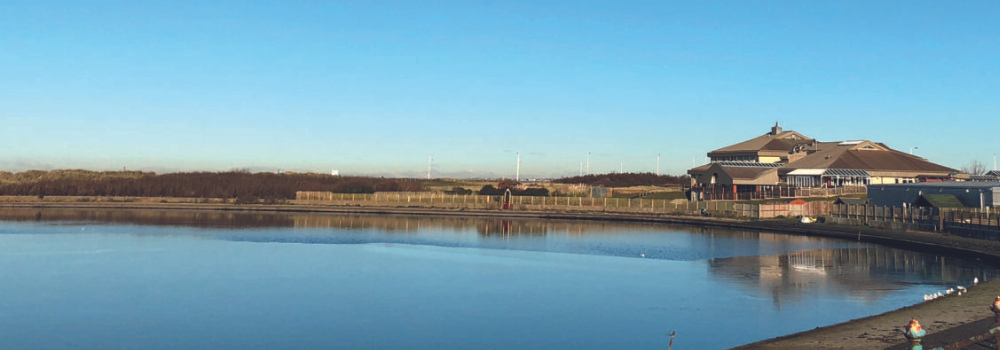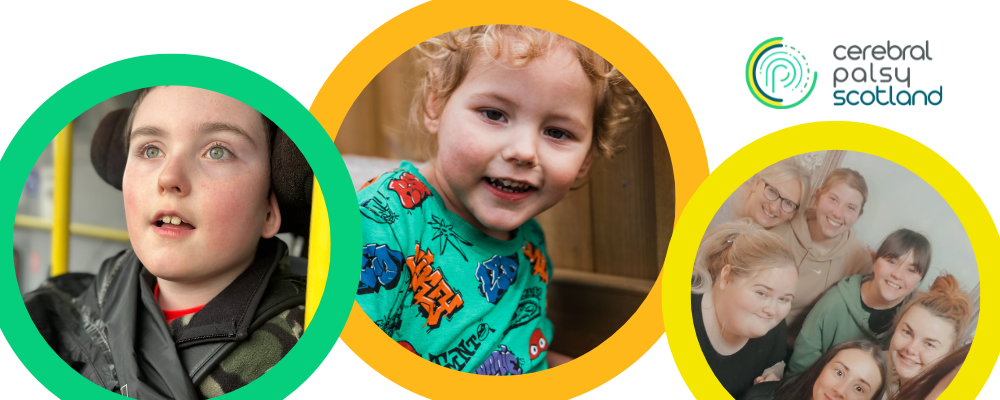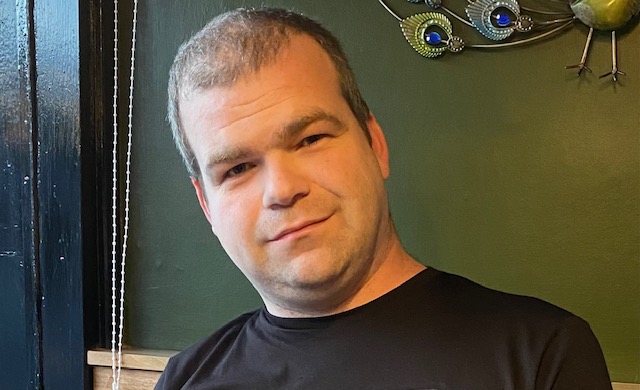As part of Cerebral Palsy Awareness Month, Barry shares his experience on a recent respite holiday to Sandpipers in Southport. Barry is currently writing his own e-book that will be published online to raise money for Cerebral Palsy Scotland.
Who I am.
My name is Barry Smith, and I am 45 years old, with Cerebral Palsy which is a physical disability, down to me suffering from I am in a Power wheelchair, and I use an SL50 Lightwriter. I live by myself, but I get support for the things I couldn’t do for myself.
Going on a respite holiday
On the 12th of February of this year, I got a cab to Irvine railway where I booked the ramps to let me get on to the Glasgow Train by myself, I had my bag on the back of my wheelchair with everything I needed for the week in it. When I was doing this I remember I felt so happy. As soon I got off the train in Glasgow, I went for the London train before I did this I asked if could I go to first class because the staff on the train came round to ask do you want food and drink, When the person came to ask would I like anything I typed on my lighterwriter by using my big toe, this is because I hurt my fingernail one day before this and has a bandage over it, down to me doing this it is hard to type on my communication aide what I want to say to them.
When the train man came I asked if could I have a coffee and can he could put my straw into it for me. When I was on the train for about two hours, my stop was Wigan North Western then I had a sort five five-minute walk over to Avanti West to get my last train on to Southport, by this point I was feeling so happy. As soon as I got over to the next train I was told by the train man the train wasn’t on to Southport because of this we were going to put a bus service on to Southport. About an hour later, I got to Southport. As soon as I got off the bus in Southport, I made my way to Sandpipers by walking because I had been in Southport for four years, I noticed some of the shops and the pubs have closed down.
Picking the right room is a big part of having a great holiday. Here is a guide to the rooms at Sandpipers, including their many features and facilities, to help you make the ideal choice. Revitalise Sandpipers offers full board accommodation on the shores of Southport Marine Lake. Take in lovely water views, go for a dip in the hydrotherapy pool or simply enjoy the newly refurbished R Club Lounge and restaurant.
At the end of the day, retreat to your fully accessible room. All en-suites have wheel-in showers and there are also two separate bathrooms for assisted bathing with hoists and bariatric equipment, and Arjo baths.
Amenities and Accommodation
- Heated indoor hydrotherapy pool
- Licensed bar and entertainment area
- Hair and therapy salon*
- Internet access and WiFi
- Sun terrace with balcony overlooking the Marine Lake
- Gardens
- Souvenir shop
- Full board only
- 30 single rooms
- 4 twin rooms
- All rooms at ground level
- En suite accessible shower room
- Call system
- Television
- Pressure relief mattresses
- Airflow mattresses
- Profiling beds
- Overhead and manual hoists
You can find more information on respite holidays at Sandpipers here – Sandpipers | Revitalise



 me doubt myself. I became extremely anxious about going to school which ended up effecting my mental and physical health. This had an effect on my exam results to which I failed most of my exams.
me doubt myself. I became extremely anxious about going to school which ended up effecting my mental and physical health. This had an effect on my exam results to which I failed most of my exams.

